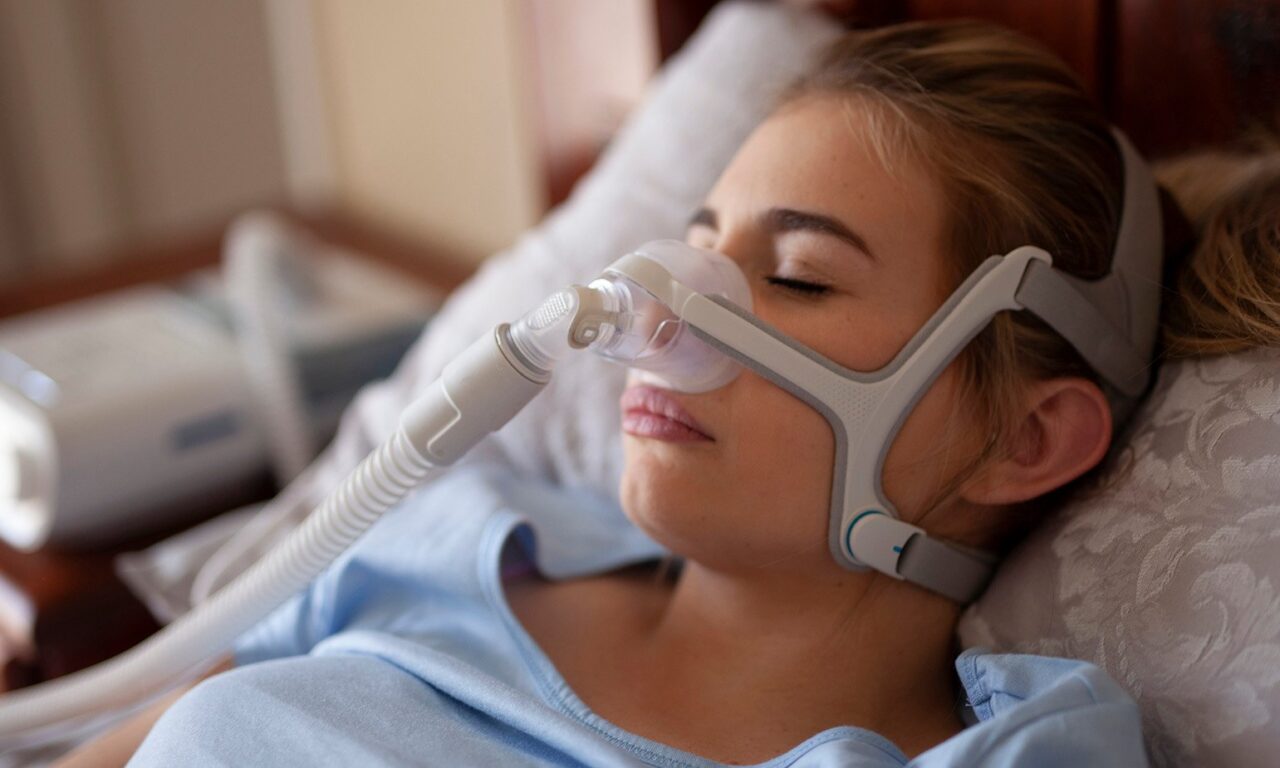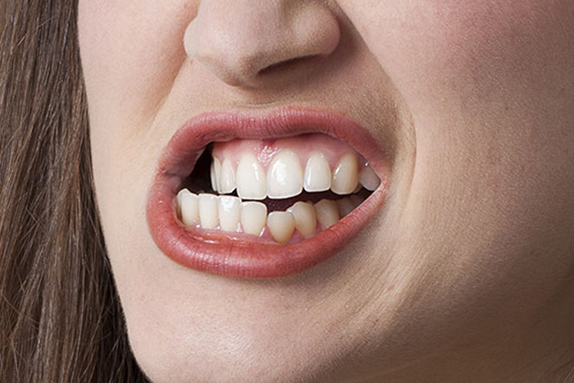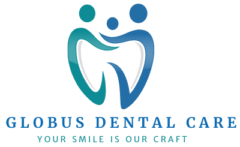Oral Appliances
Oral Appliances
What are oral appliances and what are they used for?
One of our goals at Ascned Dental is to provide the most conservative treatment possible in every situation. Oral appliances offer simple, non-invasive treatment for a variety of conditions. Regardless of the application, every appliance we prescribe is custom-crafted just for you. Whether we’re treating nighttime sleep grinding, a diagnosed case of obstructive sleep apnea, bite problems, or other jaw joint disorders, appliance therapy may be a valuable complement to your treatment. Our doctors use a variety of innovative designs depending on your treatment goals and preferences.

Sleep Apnea
Sleep apnea is a common but serious condition affecting millions of people worldwide. It is characterized by frequent pauses in breathing during sleep, which can lead to low oxygen levels, increased heart rate, and other adverse health effects. However, with the proper treatment, it is possible to manage sleep apnea and get a better night’s sleep.
At Globus Dental Care in Lynn, MA, our team of experienced dentists and specialists is dedicated to helping you achieve optimal oral health and wellness. We offer a range of dental services, including oral appliances for sleep apnea treatment.
What are Oral Appliances for Sleep Apnea?
Oral appliances are devices worn in the mouth while sleeping to help prevent the airway from collapsing. They work by repositioning the jaw and tongue, which helps to keep the airway open and reduce the number of pauses in breathing.
Our dental professionals at Globus Dental Care will work with you to find the right oral appliance to suit your needs and preferences. We offer a range of options, including custom-fitted devices, to help ensure a comfortable fit and effective treatment.
Benefits of Sleep Apnea Treatment with Oral Appliances
There are many benefits to treating sleep apnea with oral appliances, including:
- Improved sleep quality
- Reduced snoring
- Better overall health and wellness
- Increased energy and productivity
- Improved mood and cognitive function

Teeth Grinding
What is teeth grinding and what causes it?
Teeth are the hardest substance in our bodies and can withstand a tremendous amount of force. But damage can occur, especially when grinding forces start to wear them away. A habit of nighttime clenching or grinding will harm teeth, muscles, and jaw joints over time.
Contact Us
Globus Dental Care
We have an experienced team of dentists in Lynn, MA. Since there are many dental problems that you can have if you are not having the right kind of dental services, you should think of having your teeth cleaned and repaired as early as possible.
